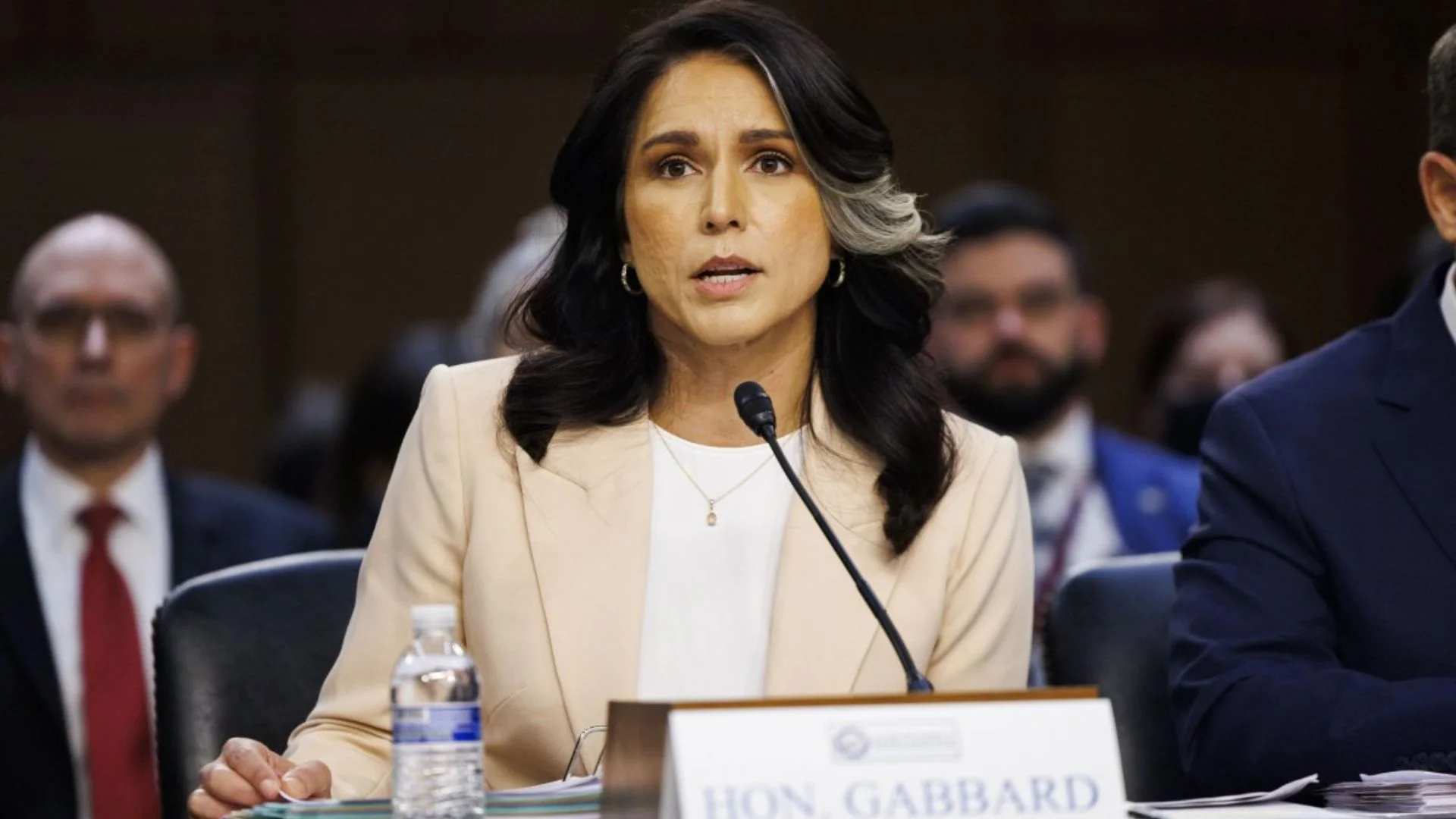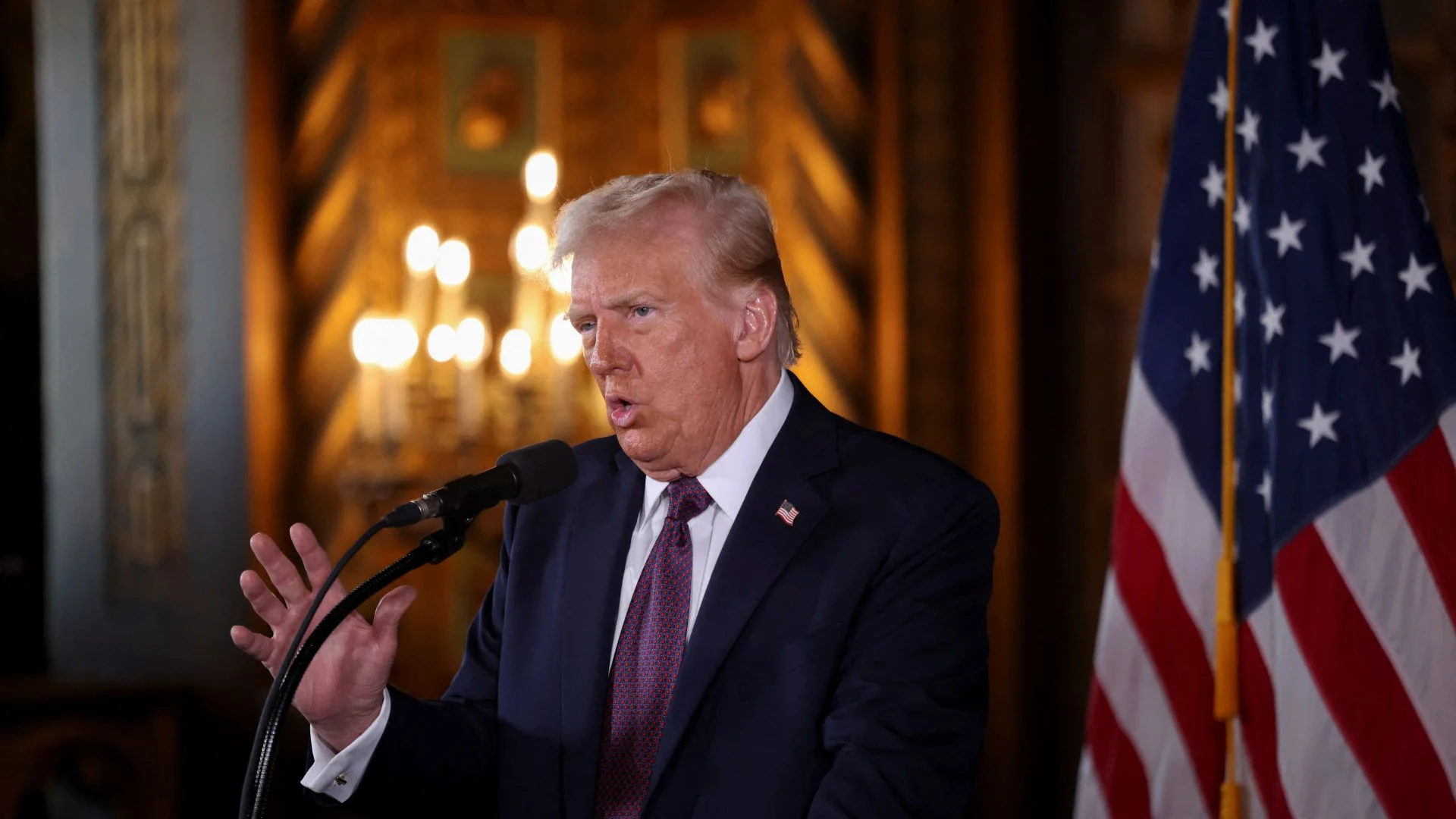Director of National Intelligence Tulsi Gabbard has told lawmakers the erroneous addition of The Atlantic editor Jeffrey Goldberg to a Signal chat in which military plans for attacks in Yemen on Houthi forces were under discussion was “a mistake.” Leaked text exchanges, with specified takeoff times for US air-strike strikes against Houthi targets in Yemen, ignited close examination into Trump administration security procedure within their national security cadre.
At a contentious House Intelligence Committee hearing, Gabbard came to the defense of the discussion, labeling it “candid and sensitive” but asserted no classified material was divulged. When probed by Representative Jim Himes, though, she acknowledged her earlier testimony that she made no sensitive revelations rested on incomplete memory.
Goldberg, who was inadvertently added to the conversation, at first thought messages were a prank but discovered their validity when the described airstrikes took place. He later left the group and released the messages, blacking out the name of a CIA official on the agency’s request.
CIA Director John Ratcliffe also defended himself against any wrongdoing, saying he used an “appropriate channel” and never disclosed classified information. But members of the committee were not satisfied, with Representative Joaquin Castro accusing the officials of deceiving the public.
The leak has triggered fears over government communications security, with critics questioning why senior officials were debating military strategy on an insecure messaging platform. The controversy puts additional pressure on Trump’s national security team as they increasingly come under fire for cybersecurity exposures.









